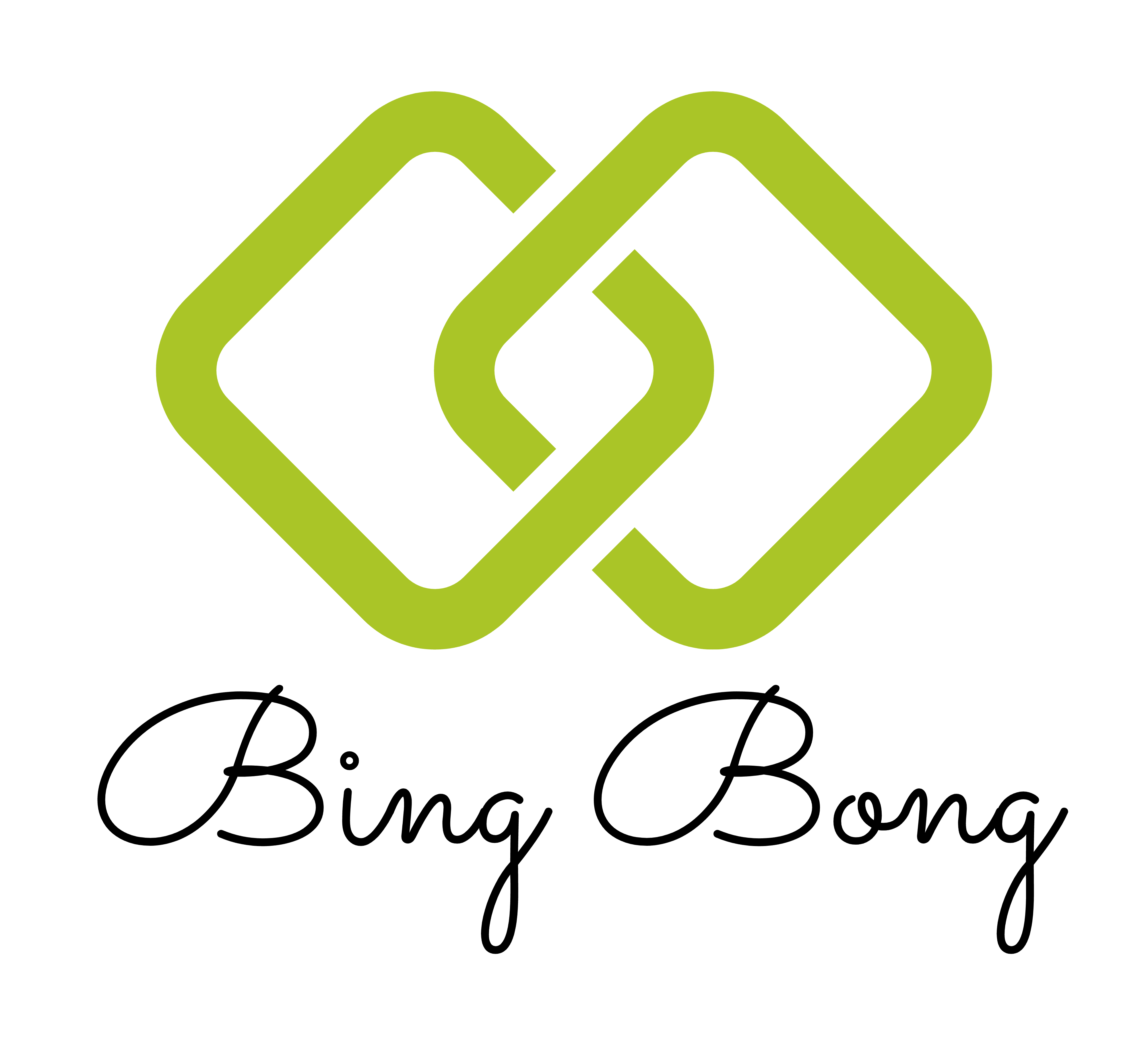Why Budgeting Matters for Small Business Owners
Creating and maintaining a budget is one of the most important steps in running a successful small business. A well-planned budget helps you manage cash flow, control expenses, and make informed decisions. Whether you're a sole trader or managing a growing team, the right budgeting method can give your business the financial clarity it needs.
In this guide, we’ll break down three popular budgeting methods for small business owners, along with practical tips to help you build a budget that works.
Popular Budgeting Methods for Small Business Owners
🧾 Zero-Based Budgeting
What it is:
Zero-based budgeting means starting from scratch each budgeting period. Every expense must be justified before it's approved. Instead of copying last year’s budget, you allocate funds based on current priorities.
Why it works:
This method is excellent for small businesses that want full control over spending. It forces you to evaluate every cost and ensures no money is wasted.
Best for:
New businesses
Companies looking to cut unnecessary costs
Owners who want detailed oversight
Pros:
Promotes cost-efficiency
Eliminates waste
Prioritises high-impact spending
Cons:
Time-intensive
Requires in-depth analysis
🔁 Rolling Budgeting
What it is:
Rolling (or continuous) budgeting updates your budget monthly or quarterly to reflect actual results. It always looks ahead 12 months, helping you stay aligned with real-time performance.
Why it works:
It’s ideal for businesses experiencing change or growth. Rolling budgets keep your financial plan responsive, helping you navigate market shifts.
Best for:
Seasonal businesses
Fast-growing companies
Businesses with variable income
Pros:
Highly flexible
Reflects current financial health
Allows ongoing adjustments
Cons:
Needs frequent updates
Relies on accurate data
💡 Incremental Budgeting
What it is:
Incremental budgeting uses last year’s numbers as a base and adjusts for predictable changes like inflation or cost increases.
Why it works:
This method is quick and familiar, making it suitable for stable, established businesses with consistent revenue and expenses.
Best for:
Businesses with minimal change year to year
Owners who prefer a simple budgeting process
Pros:
Easy to implement
Saves time
Predictable structure
Cons:
May overlook inefficiencies
Can carry forward unnecessary expenses
📊 Budgeting Tips for Small Business Success
Regardless of which budgeting method you choose, these budgeting best practices can help you stay on track:
🔍 Understand Fixed vs. Variable Costs
Classify your expenses so you can plan better. Fixed costs (like rent and salaries) remain steady, while variable costs (like materials or marketing) can fluctuate.
📆 Plan for Seasonality
Account for busy and slow periods throughout the year. If your business relies on holiday sales or tourism, your budget should reflect these trends.
🚨 Build in a Contingency Buffer
Unexpected expenses are part of running a business. Set aside 5–10% of your budget for emergencies, so you’re never caught off guard.
🛠️ Use Budgeting Software for Small Businesses
Leverage accounting tools like Xero, QuickBooks, or Float to automate your budgeting, track actual vs. forecasted spending, and generate reports for better insights.
📅 Keep Your Budget Updated
Your budget should evolve with your business. Set a reminder to review your budget monthly or quarterly, compare it with actual results, and adjust as needed. This keeps your business agile and financially sound.
💬 Not sure which budgeting method is right for your business? Reach out — we’re happy to help you get started with a strategy that fits your needs.

